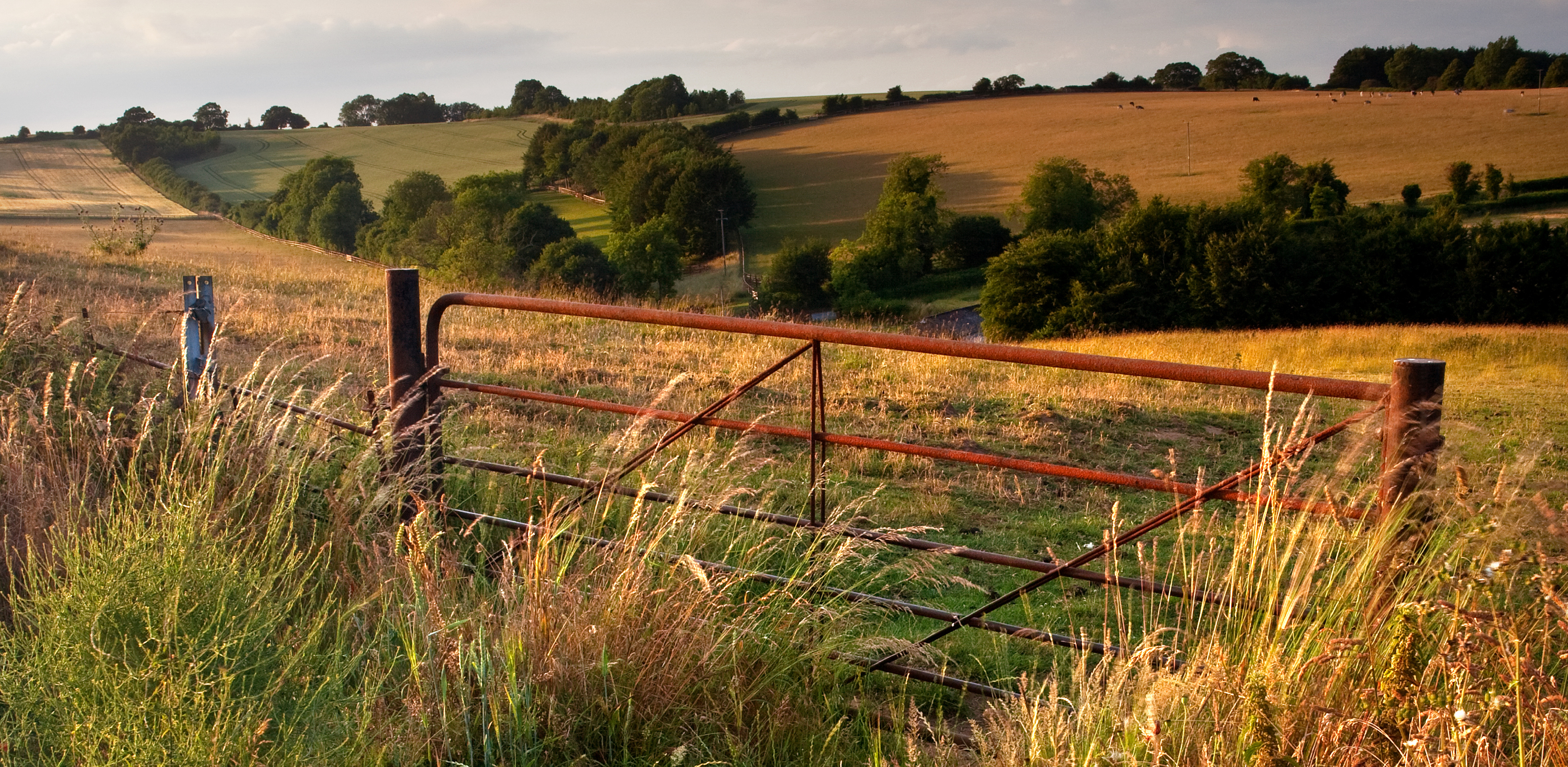CIEEM Response to the New Agriculture Bill
The UK leaving the EU is an opportunity for the country to do things differently. One of the biggest opportunities is to change the way that land management is supported. The Intergovernmental Panel on Climate Change (IPCC) and the Committee on Climate Change (CCC) both say that we must radically change the way that land is managed to address climate change.
Current policy measures will not deliver the required ambition. Incentives for agricultural land use have not seen fundamental change for decades. Throughout the UK there is an urgent need for a new approach: the legislative opportunities for real change are available and should progress immediately.
Land use: Policies for a Net Zero UK (Committee on Climate Change, 2020)
Under the European Union’s Common Agricultural Policy (CAP) there is a disconnect between supporting rural communities and providing common goods. On the one hand the CAP aims to promote food production, but the way that this is done undermines the small amount of support that is given to agri-environment schemes that aim to restore and enhance the environment and the provide society with goods and services. There have been successes from agri-environment schemes, for example some species of farmland birds, but overall these successes have been undermined by the ongoing decline in biodiversity caused by factors including agricultural intensification.
On 16 January 2020, the Environment Secretary unveiled a new Agriculture Bill. The Bill is currently passing through Parliament and is the mechanism for replacing the CAP in England. The Bill has many positives, echoing the Government’s stated ambition to be the first to leave the environment in a better state for future generations. This includes explicit reference to protecting and improving the quality of soil. Overall, the Bill aims to provide support to farmers and land managers for them managing the land in a way that creates public benefits – the “public money for public goods” approach – through Environmental Land Management Schemes (ELMS).
We are however concerned that productivity is listed as a public benefit. Although high quality food is in the public interest, agricultural produce is a market good and should not be supported with public funds. Common goods that farmers and land managers can provide to the public – and that we entirely support them being rewarded for – include protecting and enhancing biodiversity, mitigating and adapting to climate change, alleviating and managing flooding, and improving air, water and soil quality. Any support for efficiencies should be specifically linked to reducing environmental impacts. We are also supportive of the awareness and educational services that land managers can provide to the public.
By directly supporting agricultural productivity, the Agriculture Bill risks maintaining the status quo of the current CAP system that many have held up as an EU failure. We know that we must do things radically different if we are to address the climate emergency and biodiversity crisis and achieve the ambitions of this Government and the 25-Year Environment Plan. The Bill is not specific but seemingly allows for a continuation of the current set up beyond the transition period, actually making it easier to maintain this situation than to change it. The presumption must surely be in favour of change. Indeed, future powers to modify the payments schemes seem to be skewed in favour of economic drivers rather than public benefits.
There is a new requirement in the Bill to report at least every five years on food security, but no mention of any other meaningful monitoring. The Bill asks the Secretary of State to report on the impacts and effectiveness of each financial assistance scheme set up, but does not specify what impacts are to be monitored and reported. Agricultural activity has a high impact on the natural environment, yet there is no requirement to measure this. There must be a strong monitoring system in place to gather evidence on the effectiveness of interventions aimed at providing public benefits. This evidence must be used to review and revise the methods used to effectively and efficiency provide public benefits.
The Bill also does not specify how much future funding will be allocated to the new schemes. We do not know if the Government will match current CAP funding beyond the transition. Nor does it specify how funding will be allocated to the different public benefits listed in the Bill.
The environment does not recognise national borders and Bill should surely include a duty to co-operate across the UK’s own borders.
Delivering public benefits will need joined up thinking and meaningful stakeholder engagement. We know farm clusters are already operating together, and this must be taken further to look at the wider landscape, including recommendations from the Glover Review and the Committee on Climate Change’s land use report.
Achieving positive outcomes will rely on farmers and land managers receiving high quality, consistent advice on interventions – specifically including biodiversity and nature-based solutions – that work for them and their specific circumstances. There are already advice groups working locally and we want to build on this.
CIEEM is eager to engage with developing a process of ensuring high quality, consistent advice in partnership and we are engaging with others on this collaboration. There is an opportunity to pilot a holistic advice service during the national ELMS pilots starting in 2021.
In its passage through Parliament, we urge all parliamentarians to support amending the Bill to make it supportive of rural communities and land managers through genuinely providing public benefits.
